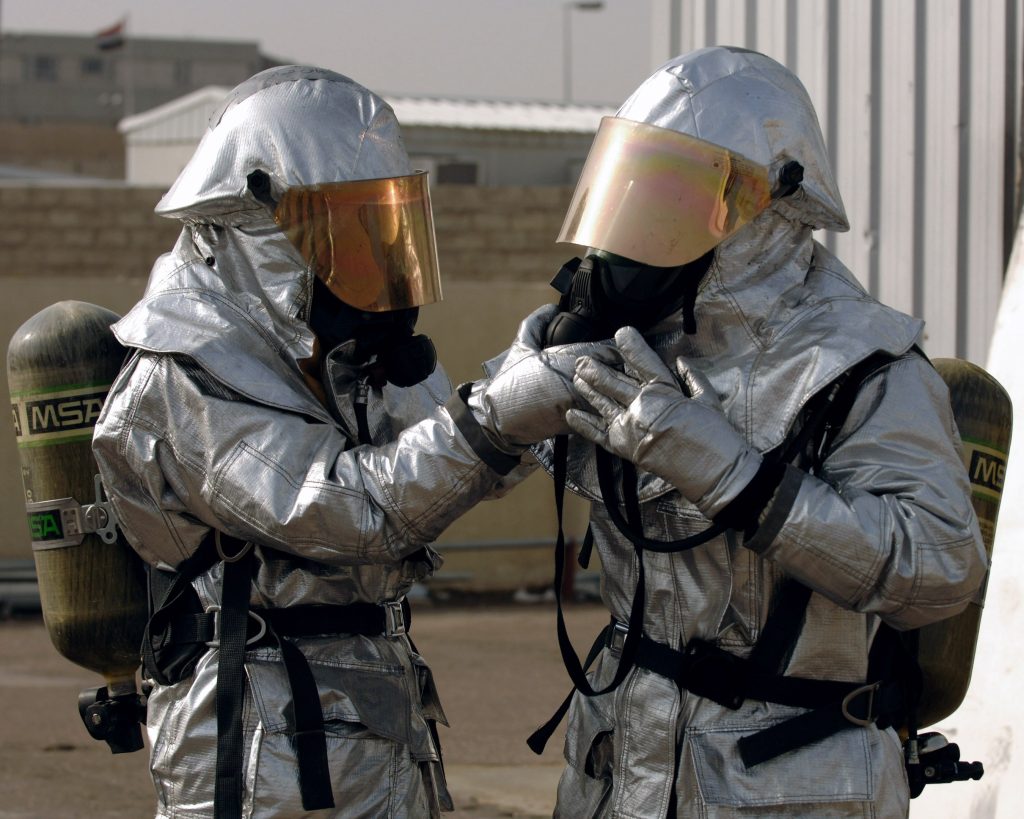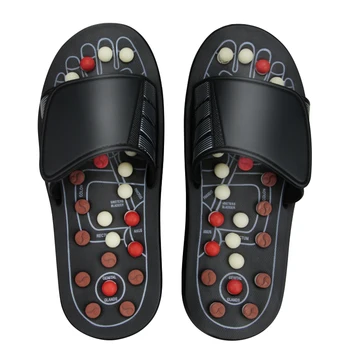Can PPE Cause Heat Build up? 1.Exploring the Connection Between Personal Protective Equipment and Temperature.
Can PPE Cause Heat Build up? In todays world we rely on Personal Protective Equipment (PPE) as a part of our routine especially in response, to the global pandemic. While PPE plays a role in keeping us safe from risks there has been some concern about whether wearing it can lead to heat entrapment and potential discomfort or health issues. In this article we will delve into this matter. Investigate the relationship between PPE usage and heat retention. Is this concern valid. Is it a misconception? Lets find out.
Understanding Personal Protective Equipment (PPE)
Before addressing the concerns regarding heat lets first establish an understanding of what constitutes PPE. Personal Protective Equipment encompasses a range of gear designed to shield individuals from hazards such as infectious agents, chemicals and physical dangers. Common examples of PPE include face masks, respirators, gloves, gowns, face shields among others.
The Debate, on Heat Retention
The Challenge of Heat
It is indeed true that wearing PPE for periods can result in elevation of body temperature.
This situation has raised concerns, about the potential for problems related to heat in environments or for people who are doing physically demanding tasks.
Different Types of Personal Protective Equipment (PPE) and Heat Retention.
Not all types of PPE have the level of heat retention. For instance N95 respirators are known for their fit, which can contribute to trapping heat. However disposable gloves although necessary may not have an impact on heat retention.
Factors that Contribute to Heat Retention
factors can affect how much heat is retained when wearing PPE. These factors include the materials used in making the PPE, how long it is worn for and the temperature of the surrounding environment. Understanding these variables is important when assessing the risk of discomfort related to heat.
Health Effects
Retaining excessive amounts of heat can negatively impact a persons health. It can cause symptoms such as dehydration, heat exhaustion and in cases heatstroke. However the severity of these effects depends on factors, like an individuals tolerance levels.
Debunking Misconceptions
PPE and Oxygen Levels
One common misconception is that wearing PPE, masks reduces oxygen intake and makes a person feel suffocated.
It is important to make it clear that when Personal Protective Equipment (PPE) is worn correctly it allows for airflow to keep oxygen levels within a range.
PPE and the Accumulation of Carbon Dioxide
Similarly there have been concerns raised regarding the accumulation of carbon dioxide, inside masks. Research indicates that designed and fitted masks maintain CO2 levels well within safe limits posing no significant health risks.

Addressing Issues Related to Heat
Strategies for Comfortable Use of PPE
To minimize discomfort caused by heat retention while wearing PPE there are strategies that can be employed. These include taking breaks in environments staying hydrated and choosing PPE items made with breathable materials.
Innovations in Design
Manufacturers are continually working on improving the design of PPE to enhance comfort. Innovations such as masks with ventilation systems and moisture wicking fabrics aim to reduce heat buildup without compromising safety.
Conclusion
Can PPE Cause Heat Build up?
In conclusion while wearing PPE can result in increased body heat it is important to understand that the risk of heat related issues can be managed by taking precautions. When PPE is designed and fitted correctly it allows for airflow without risks to oxygen or carbon dioxide levels. By following recommended guidelines and using strategies, for comfort individuals can protect themselves without compromising their well being.
Frequently Asked Questions;
Q1; Does wearing a mask for a time reduce oxygen intake?
No wearing a fitted mask does not significantly decrease the amount of oxygen you breathe in. It allows airflow to maintain oxygen levels.
Q2; Do certain types of PPE cause heat buildup, than others?
Yes some types of PPE like N95 respirators fit snugly and can lead to heat retention compared to items such as gloves.
Q3; What are the health risks associated with heat buildup while wearing PPE?
heat retention can cause dehydration and heat exhaustion. In cases it may even lead to heatstroke although individual tolerance plays a role.
Q4; Are there any tips for staying comfortable when wearing PPE in environments?
Certainly! Taking breaks in surroundings staying hydrated and selecting PPE made from breathable materials can help improve comfort in hot conditions.
Q5; Are there advancements in PPE design to address issues related to heat?
Absolutely! Manufacturers are continuously working on designs, like ventilated masks and moisture wicking fabrics that aim to reduce heat buildup while still meeting safety standards.







Leave a comment